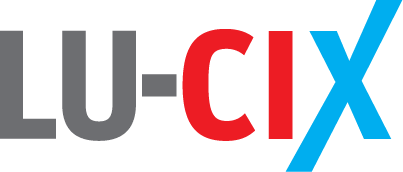Peering Policy
The mission of LU-CIX is to facilitate and promote peering between Content Providers and Internet Service Providers. This can be achieved only if its MEMBERS volunteer to open peerings.
As such LU-CIX recommends to its members to actively seek to open peerings.
However LU-CIX can and will not take any responsibility that a given MEMBER will accept peering with another member. In case several MEMBERS report to LU-CIX that one MEMBER continuously refuses peering, LU-CIX will seek a dialogue with this MEMBER.
The following peering policies are accepted
Open
The MEMBER opens peering on simple demand from any member present at the LU-CIX.
Selective
The MEMBER evaluates every demand before opening the peering.
Restrictive
The MEMBER publishes restrictive objective criteria the other member has to meet in order to establish a peering.
Paid peering
In case the MEMBERs do not reach an agreement for settlement-free peering, they may arrange for payment. This payment has to be negotiated and carried out between the members.
Bilateral peering contracts
LU-CIX does not require from the MEMBERS to set-up formal peering agreements for exchanging traffic, however it is not allowed to send data/traffic to another party without acknowledgement of the other party. In case of infringement, LU-CIX has the right to immediately disconnect the infringing member.
Participation in working groups
Information is provided to customers about any restrictions in traffic exchange.
The members accepts to keep its customers informed about any restrictions in traffic to or from other members.
Technical
Rules for routing and use of private AS numbers:
A member must publish its routing policy, preferably by registration at RIPE according to RIPE-181/RFC 1786. Routing information may not be exchanged through the exchange point with routing protocols that use multicast or broadcast, such as RIP and OSPF.
Static routing may not be used to control traffic through the exchange point. Private AS numbers may only be used at an exchange point if they are coordinated and accepted by LU-CIX. Routing information that is exported to other destinations on the Internet may not contain private AS numbers.
Traffic interference
A member may in no way interfere with traffic to or from another member.
Assistance in correction of problems
A member shall immediately assist in the correction of problems in their own, or in shared equipment.
